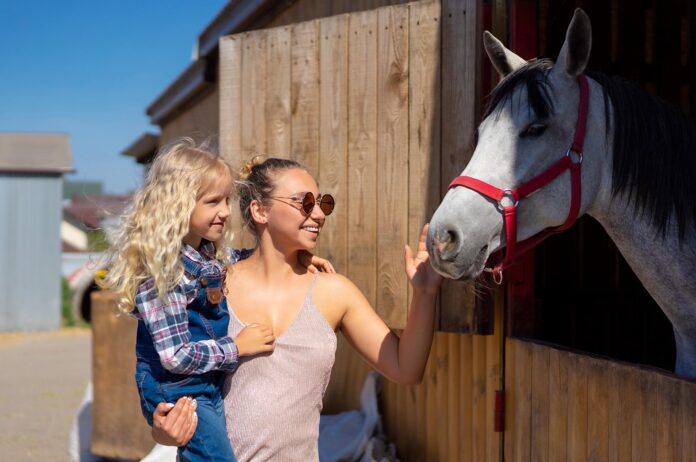If there is anything good to come from the pandemic, one might agree that many people became pet owners during Covid! This was great for the animal shelters, which usually have occupancy issues where there is not enough space for all the pets needing homes. With an ever-changing world, having companionship from a pet can be grounding and relaxing. This, of course, doesn’t mean it’s easy (think kittens climbing your curtains, potty training a puppy, or making end of life decisions). But animals do offer unconditional love and often endless comic relief.
It’s been interesting listening to pet owners talk about their animals and what they have meant to them during the pandemic. From aquatics, exotics, dogs, cats, rabbits, guinea pigs, ferrets, and horses (apologies if I missed your pet), many people have looked to animals for comfort and support the past two years. Many found ways to connect with pets even if they didn’t themselves have one. One woman told me that her dog had died, so she started walking a friend’s dog and would take him on excursions nearly every day. She realized that her daily 11-mile walks and strong bonding with the dog was a sign that she was ready to get another dog of her own.
Another customer told me that she and her daughter started caring for and co-owning a horse. It was important to the mom that the daughter understood the work it took to have a horse, so they have dedicated several hours a week working at the barn where the horse is living. The mom said having this responsibility has helped her and her daughter the past two years and she thinks that the bond they have with the horse has been invaluable.
The end of the pandemic has many pet owners wondering how their animals will behave when and if their routines change. I’ve sold more herbal remedies and pheromones for stress than ever before! The best advice I can give a worried pet owner is:
- Start small and introduce a new routine very slowly. Domestic animals, like us, crave routines and may feel uncomfortable with new ones. For dog owners, I suggest practicing “the leave” by putting on your shoes, coat, grabbing your keys and stepping out of the home for just a few minutes at a time. Wait outside of the door, listening for whining. Do not come back to comfort a whining dog, rather wait until they are quiet to re-enter. When you come back in, ignore your dog until he or she is calm. Then you greet them with a calmness like you never even left. This will help reinforce a confidence. If you do this over and over as training, you will help de-sensitize your dog to being left alone.
- Try not to project. As much as we know and love our pets, we don’t always know or understand what they are thinking and feeling. Many of us misunderstand their “sadness” or “anxious” behavior, not realizing that they may simply be responding to what we are thinking and feeling.
- If you are worried about something, your pets will know it. I think a lot of people are unsure about what the future holds (will Covid cases rise? will the work environment change? etc.). In addition, many pet owners have told me that they don’t want to leave their pets, as they will miss them. This is such an understandable feeling!
A friend told me she takes several deep, calming breaths before coming home to her pets. This allows her to de-stress and not bring whatever is bothering her into your home. Because pets are so sensitive, this technique makes sense to me! Give it a try, not just to help your pets, but for yourself too!

























